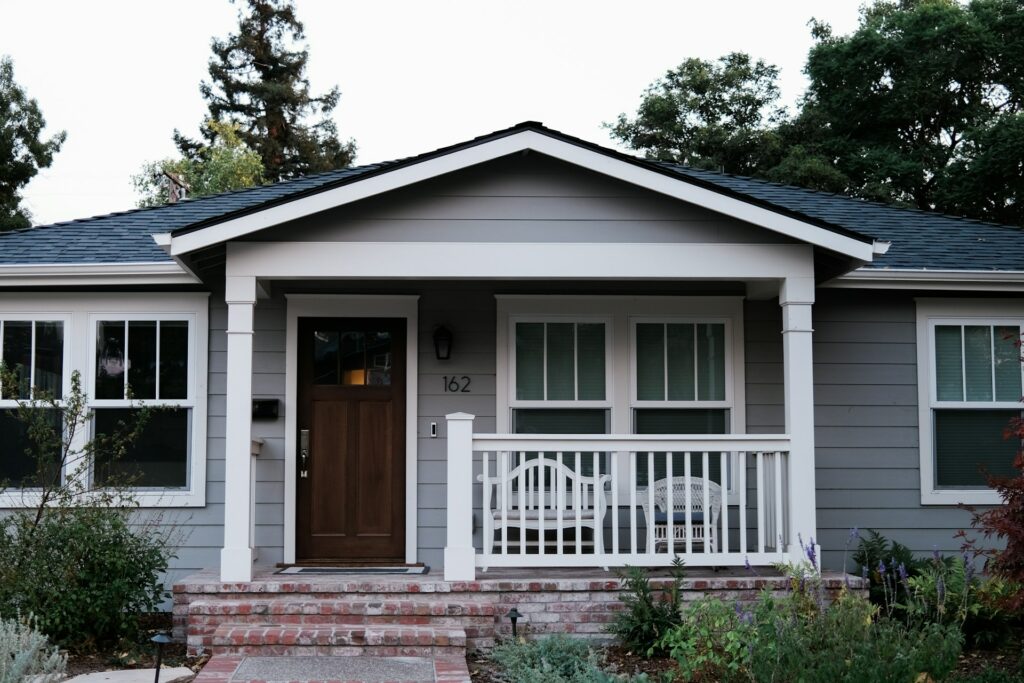Real Estate News: The Latest, Top Articles in Ontario Canada
Get the most recent real estate news and real estate trends to hit Ontario's housing industry.
Best of Real Estate Articles

Understanding the Role and Requirements of Realtors

Realtor Fees and Commissions

Relocation Information
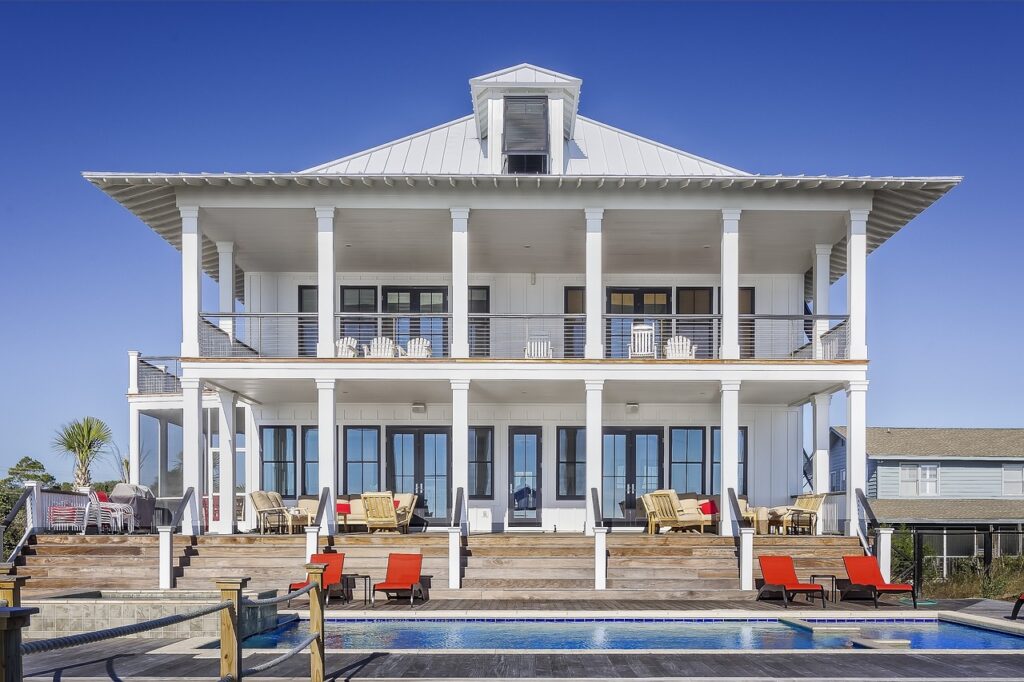
Luxury Property Sales and Marketing

Realtor Selection and Relationship – Forging a Winning Partnership

Navigating Property Matters During a Separation and Divorce

Maximizing Success in Rural Real Estate
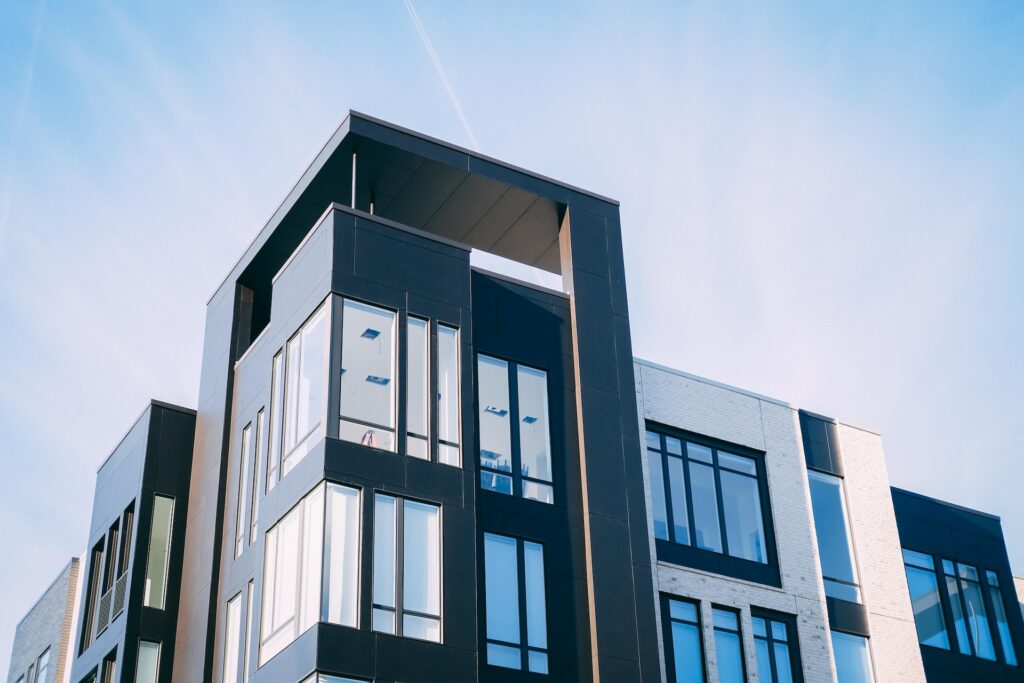
Understanding the Investment Property Market

Maximizing Your Commercial Real Estate Success

Helping You Find the Perfect Home for Your Retirement
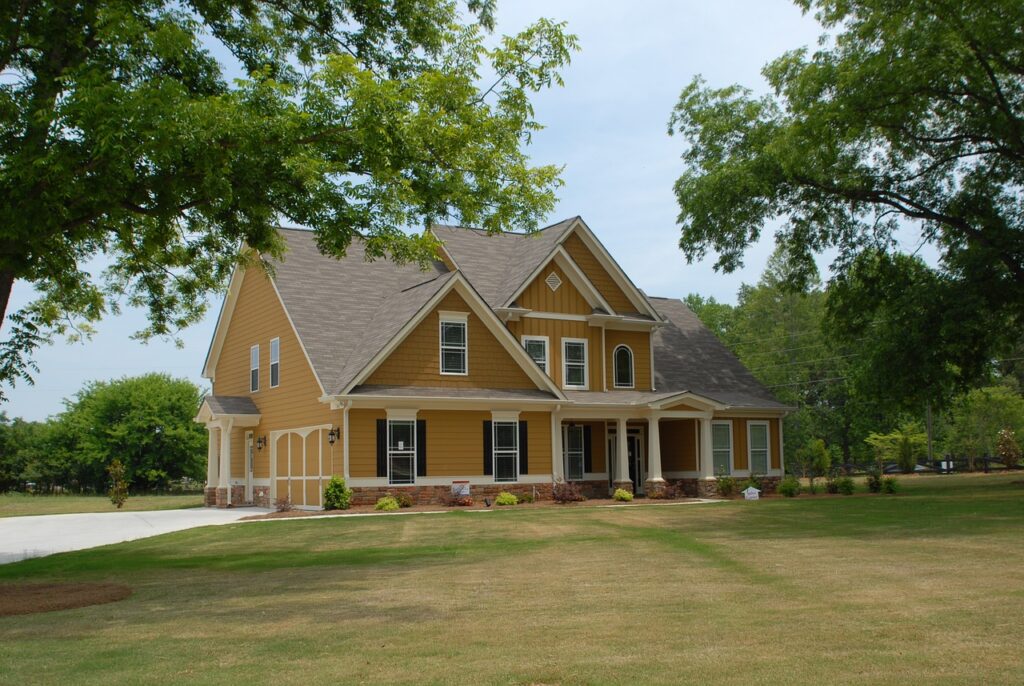
Estate Sale Experts Can Simplify Your Property Liquidation

First Time Home Buyer Real Estate Info
Latest Articles: Everything Real Estate

How Do I Manage My Short Term Rental Remotely?
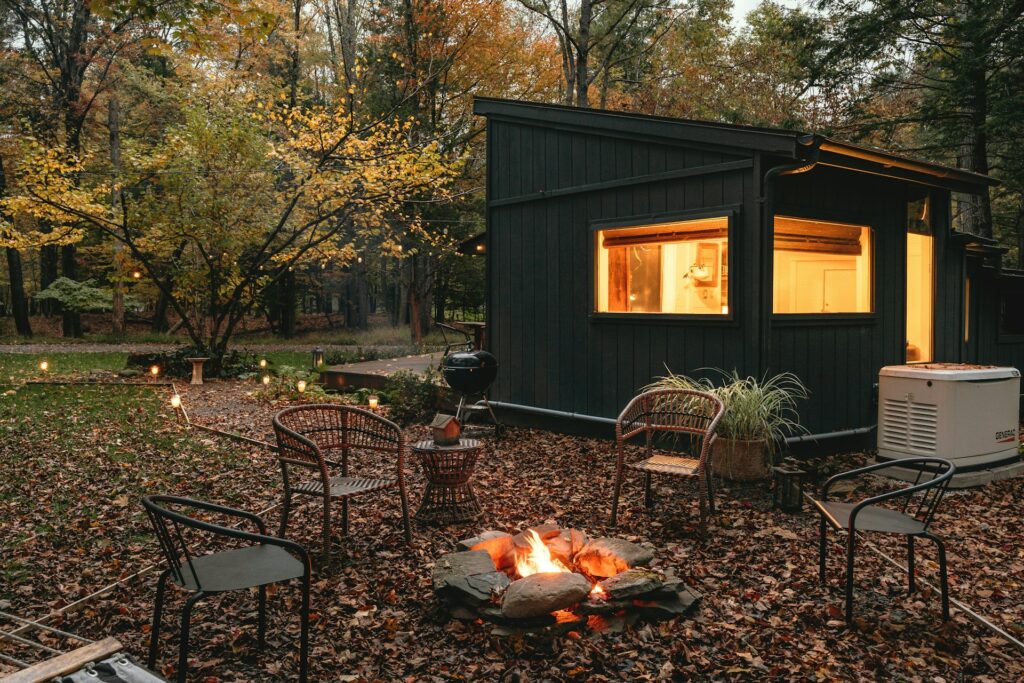
Do People Really Make Money With Airbnb?

What Percentage Does Airbnb Take?
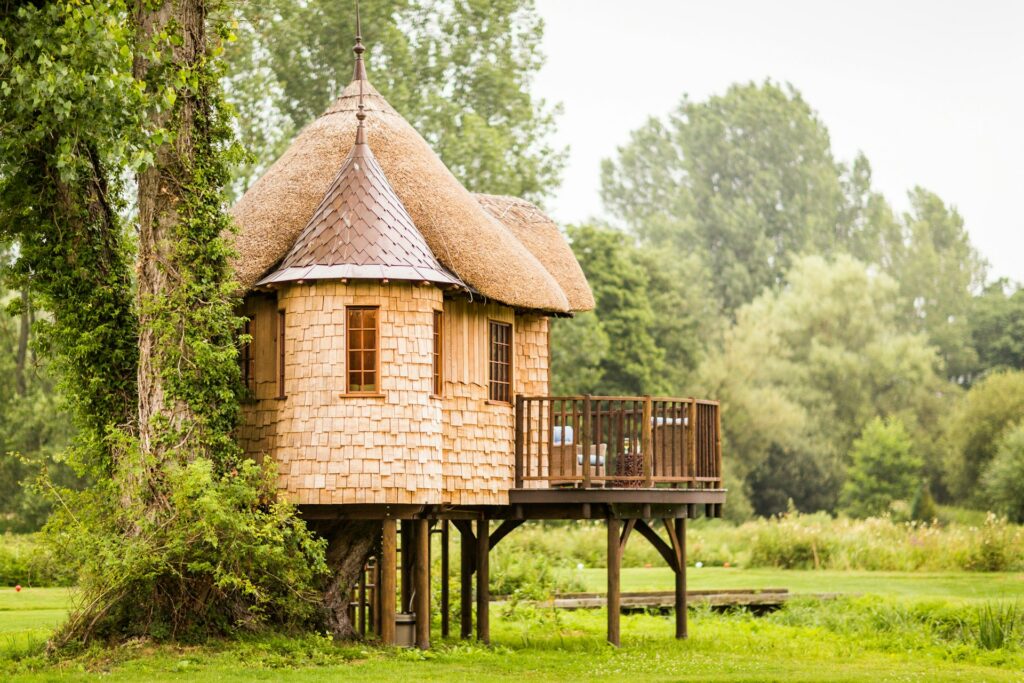
How Do I Attract More People to My Airbnb?

What Adds the Most Value to an Airbnb?
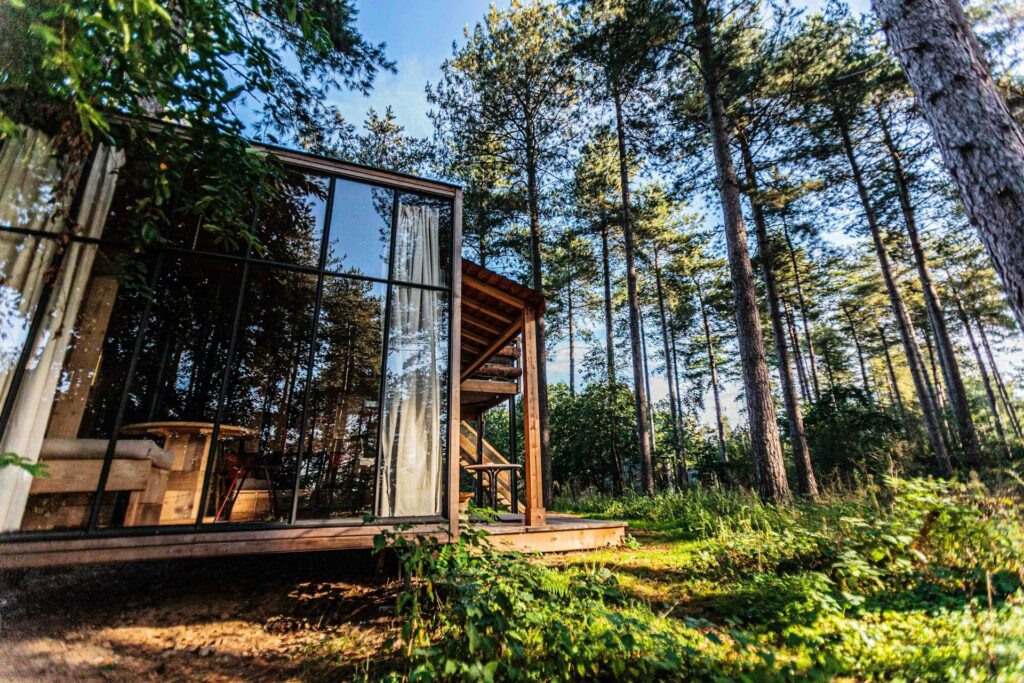
What Are the Pros and Cons of Hosting on Airbnb?
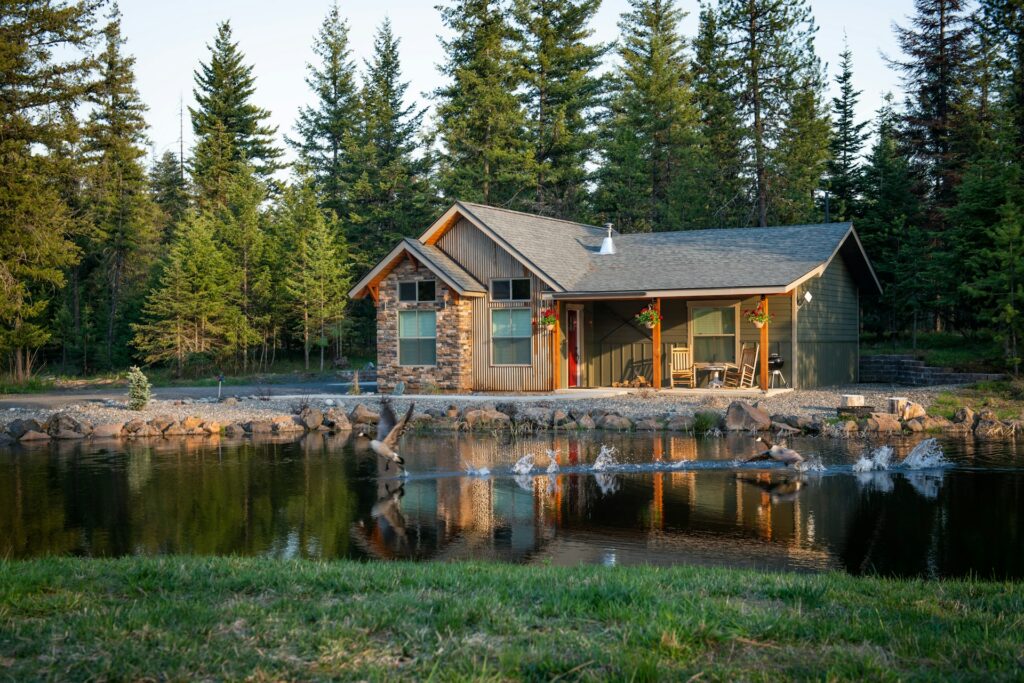
How Do You Calculate ROI on Short Term Rental Property?

Purchasing and Running Short-Term and Vacation Rentals

What are a Seller’s Obligations in a Real Estate Transaction?

What Does 24-hour Irrevocable Offer Mean?

What Happens if the Buyer Does Not Remove Contingencies?
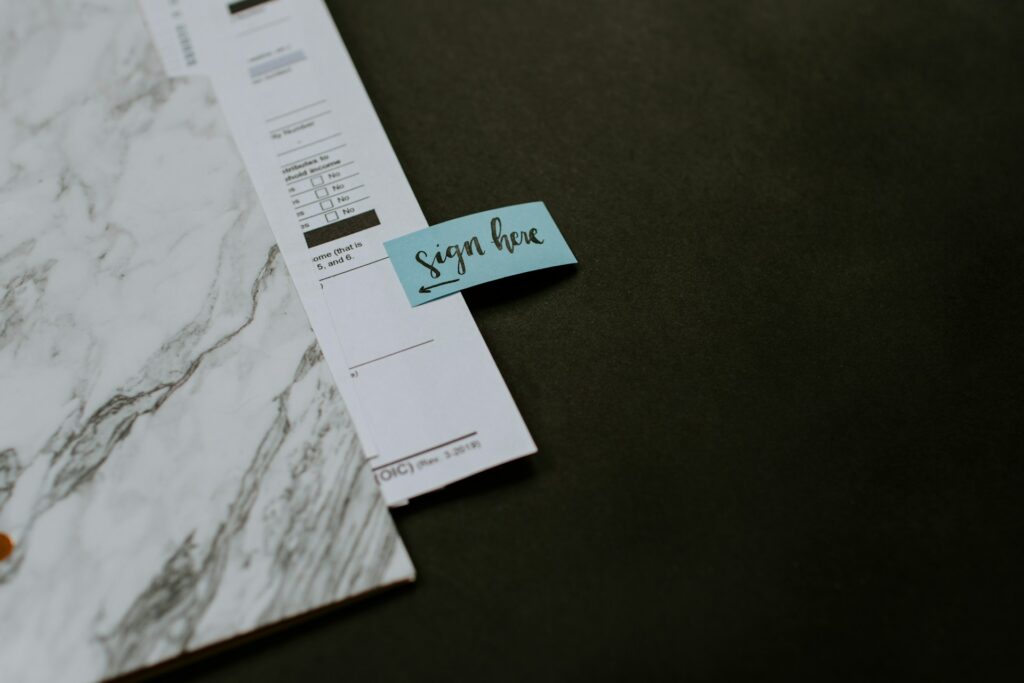
What Contingency is Most Risky in Real Estate?

Do I Pay Tax If I Sell My House And Don’t Buy Another?
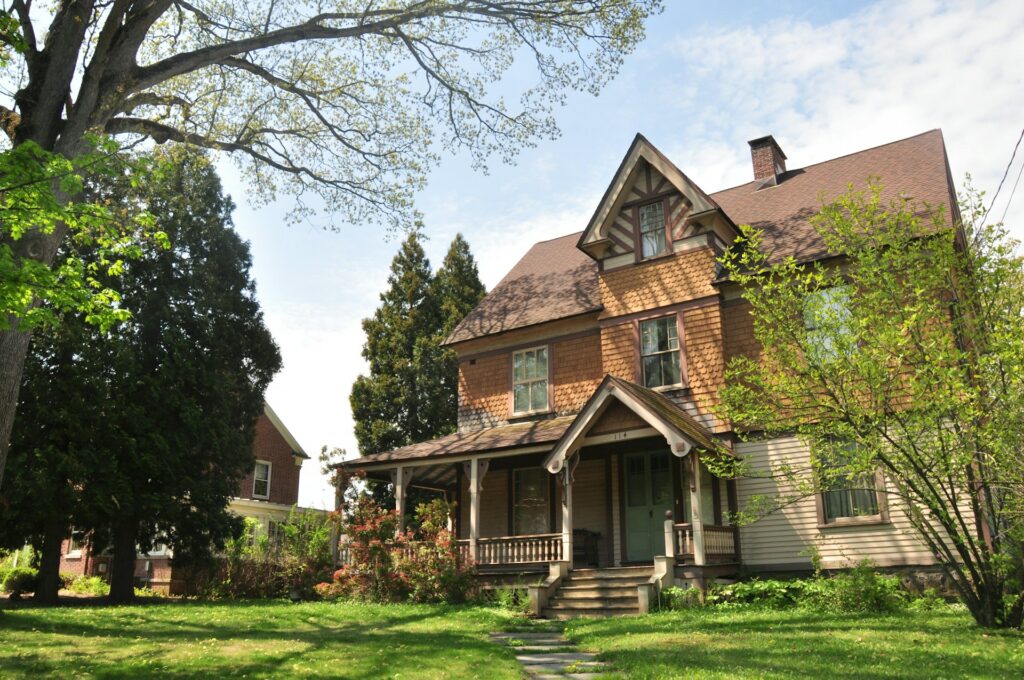
Who Pays Closing Costs in Canada?
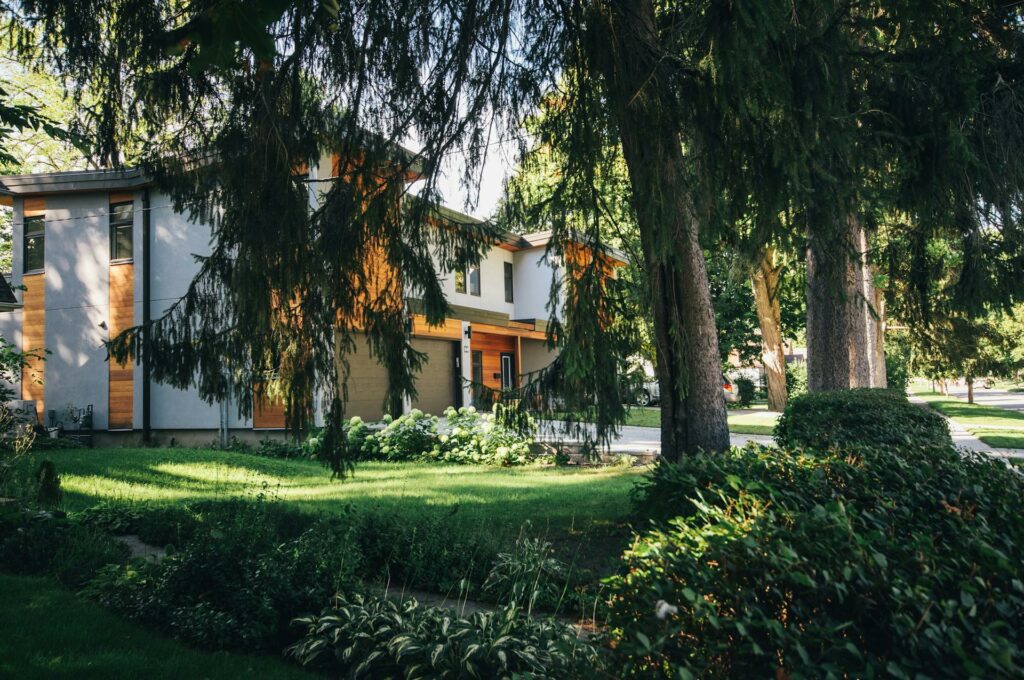
What are the Taxes on Buying Property in Canada?

Do I Need a Lawyer to Sell My House in Canada?
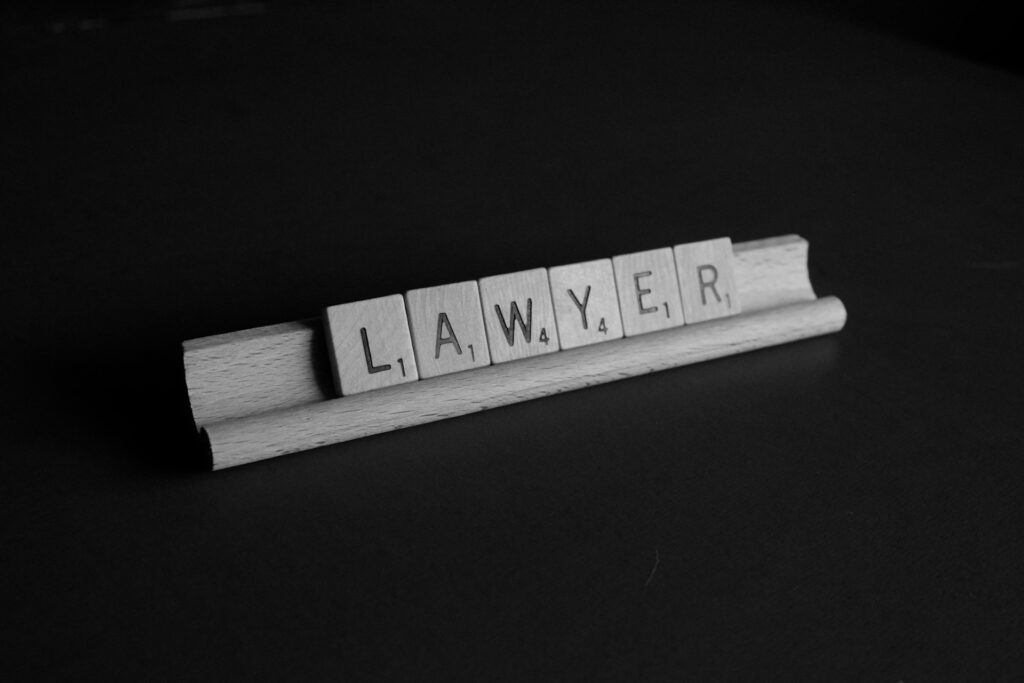
What Role Does a Lawyer Play in Buying a House?

Can a Seller Cancel an Accepted Offer?

Does a Home Seller Have to Accept a Full Price Offer in Canada?

When Should You Make a Lower Offer on a House?

Can You Ask a Seller Why They are Selling?
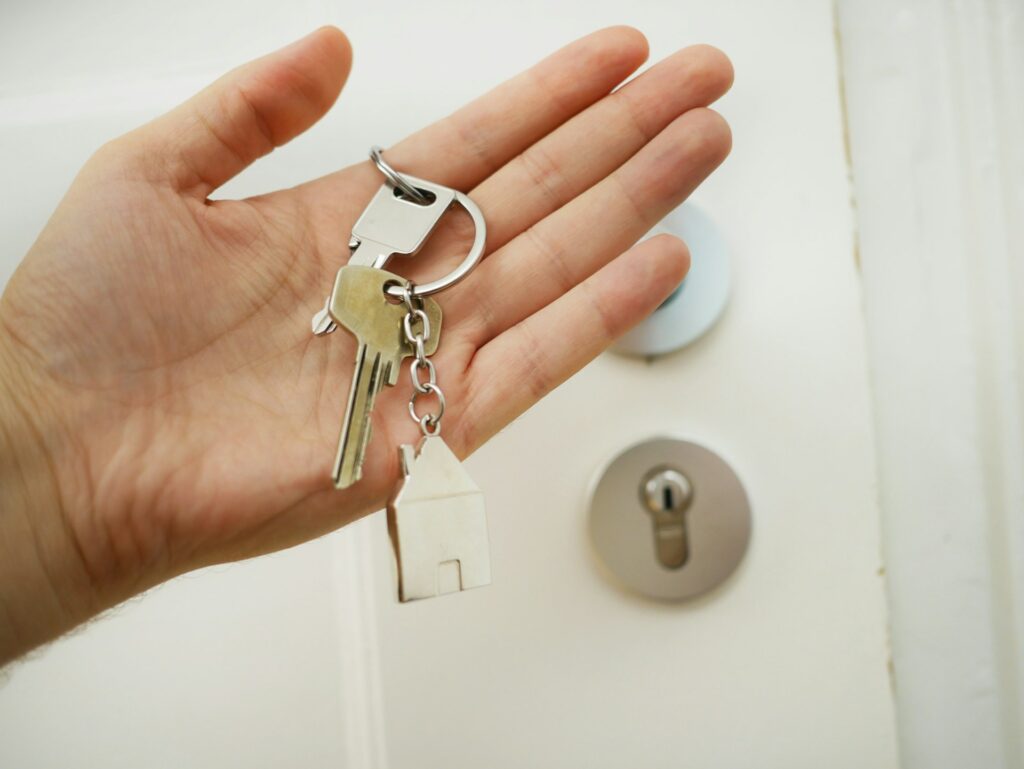
What Happens After You View a Property?

When Should I Switch to a Fixed-Rate Mortgage?

What is the Biggest Factor in Getting a Mortgage?

Is it Better to Go for a 2-year or 5-Year Fixed Rate Mortgage?
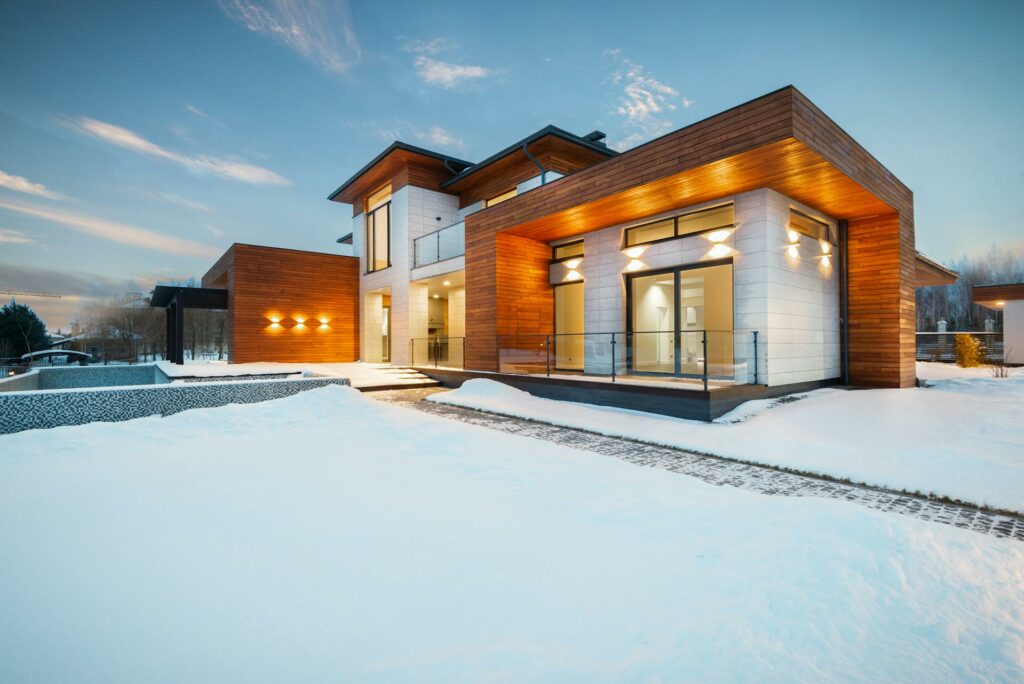
What is the Downside of a Variable Rate?
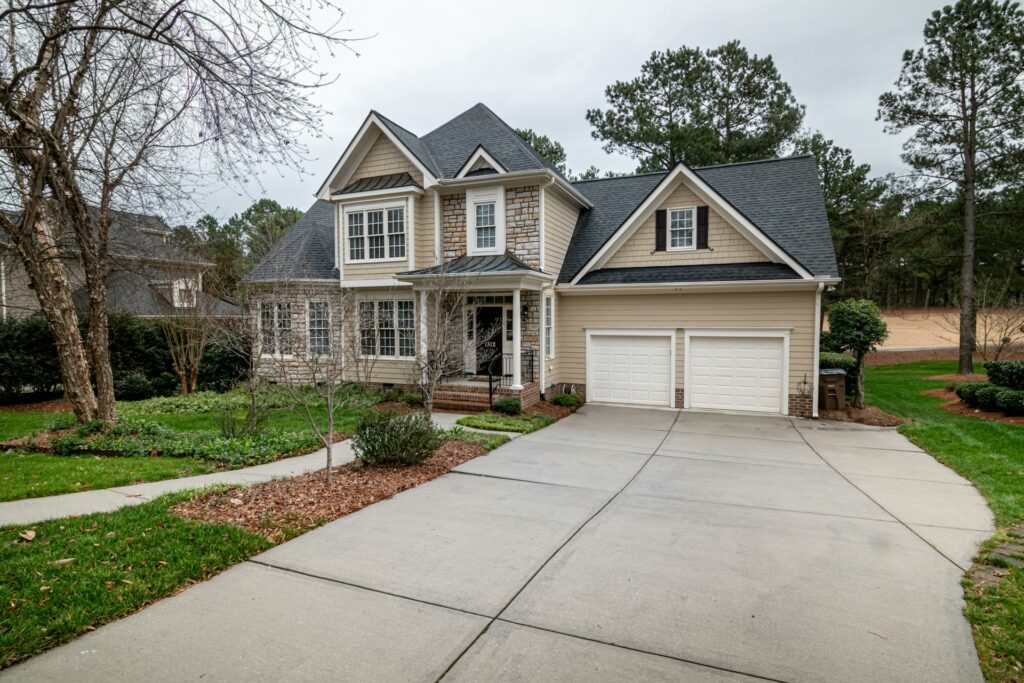
What are the Disadvantages of a Fixed-Rate?
